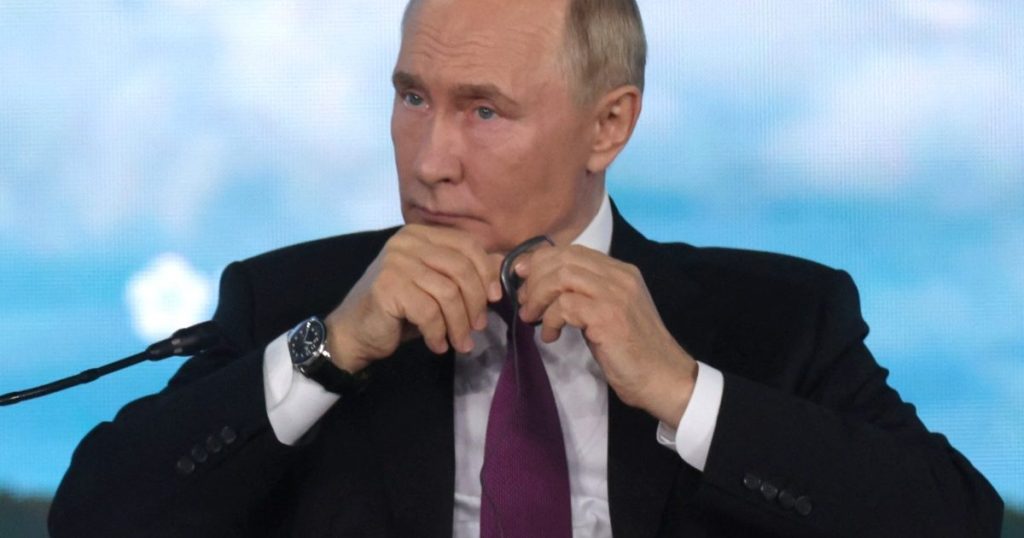A United Front: European Leaders and US President Coordinate Response to Stalled Ukraine-Russia Peace Talks
Amidst the backdrop of inconclusive peace talks between Ukraine and Russia in Istanbul, key European leaders convened with US President Donald Trump to reaffirm their commitment to a unified approach towards resolving the ongoing conflict. French President Emmanuel Macron, German Chancellor Friedrich Merz, British Prime Minister Keir Starmer, and former European Council President Donald Tusk, joined by Ukrainian President Volodymyr Zelensky, engaged in a teleconference with Trump following the conclusion of the Istanbul negotiations. This high-level consultation, which mirrored a similar call made after a recent visit to Kyiv by the European leaders, aimed to synchronize strategies and chart a collective course of action.
The absence of a ceasefire agreement emanating from the Istanbul talks, coupled with Russia’s persistent refusal to entertain such a prospect, drew sharp criticism from the European leaders. Macron lamented Moscow’s unresponsiveness to demands for a cessation of hostilities, echoing sentiments expressed by his European counterparts. The leaders underscored their unwavering support for President Zelensky and their determination to work closely with the United States in applying pressure on Russia. The possibility of further sanctions was raised, contingent on Russia’s continued intransigence.
European leaders emphasized the necessity of maintaining a cohesive transatlantic stance on the Ukrainian crisis. They stressed the importance of close coordination with the United States in responding to the evolving situation. This collaborative approach aims to amplify the impact of their actions and present a united front against Russia’s aggression. Tusk, in particular, highlighted the paramount task of preserving unity between European and American partners in addressing the Ukrainian issue.
While the Istanbul talks yielded limited concrete progress toward ending the war, they did result in an agreement on a prisoner exchange and a commitment to explore avenues for a potential ceasefire. The prospect of a future meeting between Zelensky and Russian President Vladimir Putin was also discussed. However, the core issue of a comprehensive ceasefire remained unresolved, with Kyiv’s calls for an unconditional truce met with resistance from Moscow.
European leaders expressed frustration with Russia’s lack of cooperation in the peace process. Merz criticized Russia’s unwillingness to engage constructively, despite what he perceived as favorable conditions for dialogue. He attributed the lack of progress squarely to Russia’s reluctance to take meaningful steps towards de-escalation. Zelensky, meanwhile, called for a robust response from the West should the talks falter, reflecting Ukraine’s desire for more decisive action from its international partners.
President Trump’s evolving stance on the Ukraine conflict has been marked by recent expressions of frustration with Russia’s conduct. After earlier threats to disengage from peace efforts due to the lack of tangible results, the US president has shown renewed interest in finding a resolution. This shift coincides with Washington’s re-engagement with Ukraine, including a recently concluded minerals deal that Kyiv hopes will pave the way for enhanced military assistance. European partners, eager to capitalize on this apparent shift in US policy, are keen to solidify Washington’s commitment to a peaceful resolution. The European leaders pledged to maintain ongoing communication with President Trump, keeping him apprised of their efforts to foster dialogue between Kyiv and Moscow. They reiterated their resolve to persist in their endeavors, emphasizing the importance of coordinated action with the United States. Their overarching objective, they affirmed, is to bring an end to the devastating conflict and provide continued support to Ukraine.


